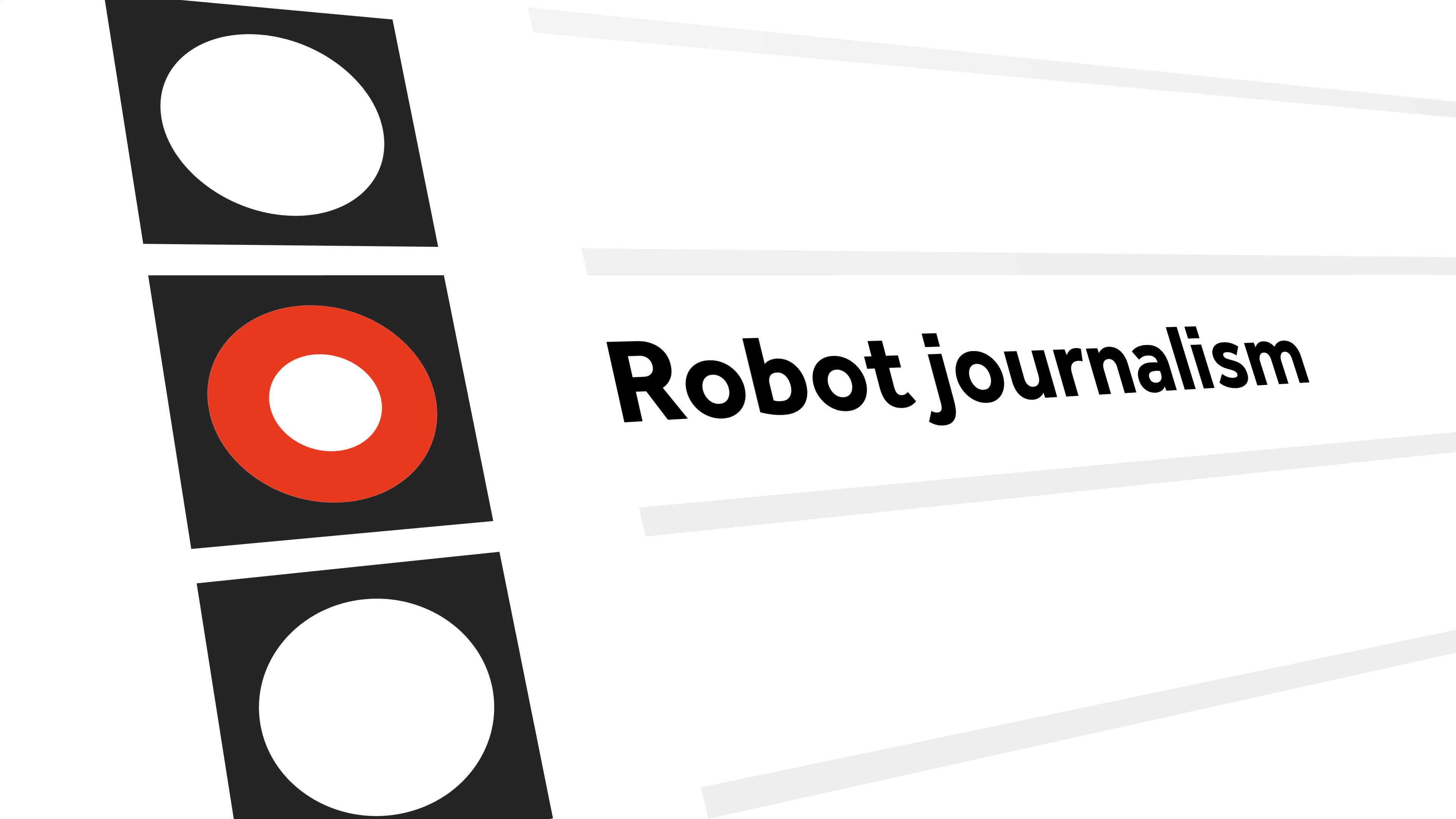Robot journalism at NOS

News organisations rarely cover every type of news. If you wish to learn more about the current state of Brexit negotiations you’re more likely to find information on the website of a national news network than in the newspaper of your own town. On the other hand, you wouldn’t expect a national news network to publish news about the closure of a local children’s playground.
The reason for this is simple: news is expensive to produce, so as a news organisation you’ll want to make sure that the stories you publish can find their way to as many people as possible. For local news virtually anything that happens in a small area might be worth publishing, but a national news network like NOS will have to be much more selective.
In spite of what many managers and politicians seem to believe, it is virtually impossible to lower the cost of news production, without a significant decline in quality. Identifying, researching, writing, editing, and publishing all cost precious time and money and are hard to automate.
Fortunately there are exceptions! News updates about results – stocks, sports, and elections – are fairly straightforward: it is pretty clear when there is something to report, what there is to report, and .
We’ve had reporters and developers collaborate on election results article templates for the 2019 Dutch provincial elections and the 2019 elections to the European Parliament. These templates were then populated and automatically customised using near real-time data from our elections result data provider.
The result: lots of positive feedback, especially from users who live in small towns and villages that would otherwise have been completely neglected!

